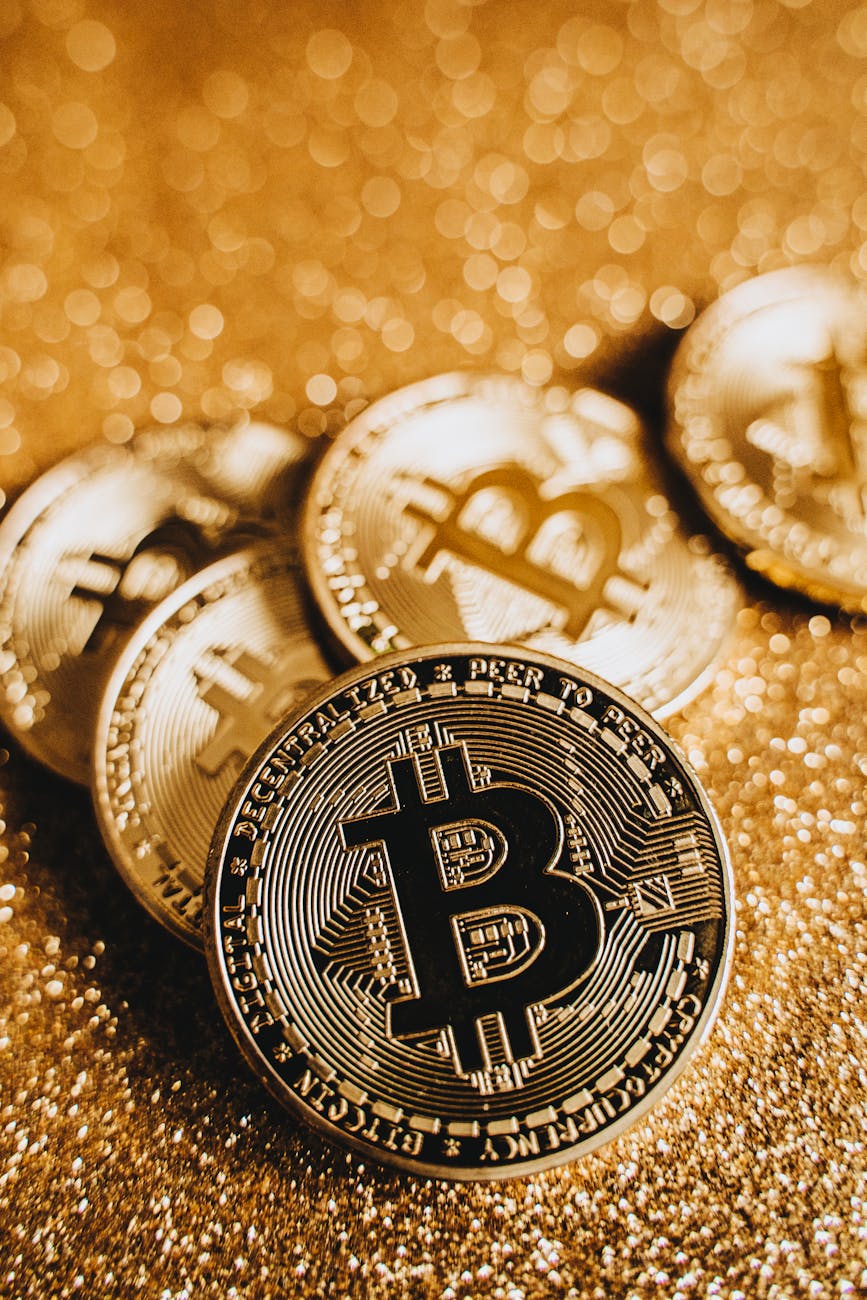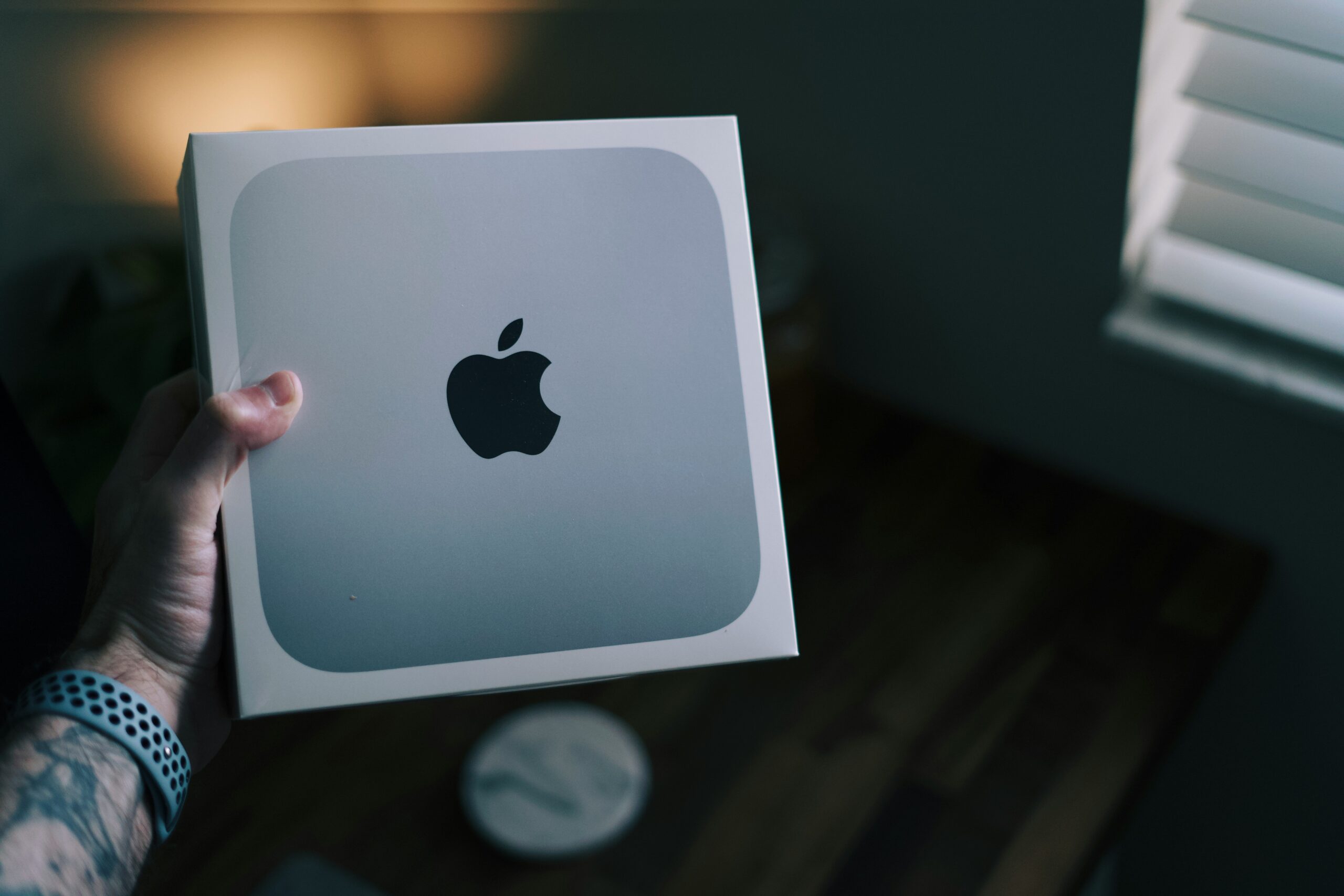Once upon a time, money moved slowly. Banks closed at 5PM. Payments took days. Access to capital was a gated system, available to a privileged few.
Fast-forward to today: you can launch a business on your phone, raise funds via crypto, send money to Kenya in seconds, and track your entire financial life from a smartwatch.
At the core of this transformation? The intersection of technology and finance.
Or as the world now calls it: fintech.
Let’s take a global tour of how this powerful duo is reshaping the economy; industry by industry, country by country.
The Rise of Fintech: From Apps to Ecosystems
It started with basic apps; mobile wallets, peer-to-peer transfers, online banking. But fintech has evolved into a full-stack global force.
Today’s fintechs are:
- Offering credit scores via selfies
- Launching AI-powered investment tools
- Managing payroll and taxes for global freelancers
- Serving unbanked populations with mobile-first banking
- Allowing creators to get paid in real time, anywhere
And they’re not operating in silos; they’re building financial ecosystems that rival traditional institutions.
Global players like Nubank (Brazil), Chime (US), Flutterwave (Africa), and Wise (UK) are proof that fintech is no longer an alternative, it’s the main act.

Technology Is Unlocking Access to Capital
Capital used to flow through traditional gatekeepers: banks, venture funds, government-backed institutions.
Now?
- Crowdfunding platforms let communities fund what matters to them.
- DeFi protocols enable borrowing and lending without a bank.
- Tokenized assets are creating fractional ownership of everything from art to real estate.
- AI is enabling real-time credit underwriting with alternative data (think mobile usage, transaction history, even social behavior).
In emerging markets, this shift is unlocking access for the historically excluded especially women, rural entrepreneurs, and the informal economy.
Central Banks Are Going Digital
Even the institutions that once resisted digital disruption are adapting.
Enter CBDCs – Central Bank Digital Currencies.
From China’s digital yuan to Nigeria’s eNaira and the EU’s digital euro in development, central banks are launching their own digital currencies to:
- Increase financial inclusion
- Simplify cross-border payments
- Reduce cash dependency
- Modernise monetary systems
This is more than policy. It’s infrastructure. The way money is printed, stored, and spent is going digital by design.
Blockchain and Decentralisation Are Rewriting Trust
Forget the hype and headlines, blockchain is quietly doing what the internet once did: changing everything in the background.
In finance, it’s enabling:
- Immutable ledgers for auditing
- Smart contracts for secure, automated agreements
- Transparent tracking of cross-border payments
- Tokenised investment vehicles (think stock markets on the blockchain)
Example: Real estate platforms are now selling fractions of properties via tokenization, opening access to global investors.
The future of trust? It’s decentralized.
AI and Data Are Making Finance Hyper-Personalised
We’re entering the era of self-adjusting financial systems.
Think:
- AI budgeting tools that nudge you before you overspend
- Real-time fraud detection before it even happens
- Investment apps that tweak your portfolio as markets shift
- Chatbots that understand your tone and financial goals
Financial services are becoming not just digital but deeply personal.
One person. One experience. One data trail.

The Creator and Gig Economy Has Its Own Financial Needs
More people now work outside traditional employment and the finance world is catching up.
Enter:
- Instant payouts for freelancers
- Banking-as-a-service platforms built for creators
- Micro-loans based on gig work volume
- Earnings tracking and tax automation for side hustles
In this new world, flexibility, speed, and accessibility are everything. Tech is enabling finance to follow suit.
Global Commerce Is Becoming Borderless
Technology has erased physical borders. Finance is following fast.
What’s changing:
- Cross-border remittances are now real-time and fee-free (almost)
- Businesses can pay international vendors as easily as locals
- Crypto is being used as a neutral payment layer in unstable economies
- Currency exchange is built into apps, not banks
The global economy is no longer dominated by large, slow-moving institutions. It’s powered by startups, APIs, and digital rails.
Challenges Still Exist (and Deserve Attention)
Not all that glitters in fintech is gold. With rapid growth comes serious questions:
- Who owns the data?
- How is credit scored fairly?
- How do we regulate innovation without stifling it?
- What happens when tech fails or worse, manipulates?
Financial systems, by design, carry responsibility. Tech must not forget that.
The Economy Is No Longer Just Economic, It’s Technological
The convergence of tech and finance is not just driving change—it’s creating an entirely new global economic order.
In this new world:
- Access is faster
- Opportunity is broader
- Competition is digital
- Trust is programmable
- And innovation is borderless
So whether you’re building a product, managing money, or just trying to understand the future, watch this intersection closely because this isn’t just the next phase of finance, it’s the next version of the economy itself.







